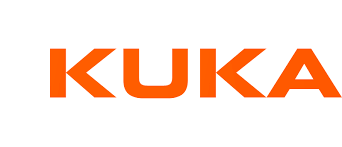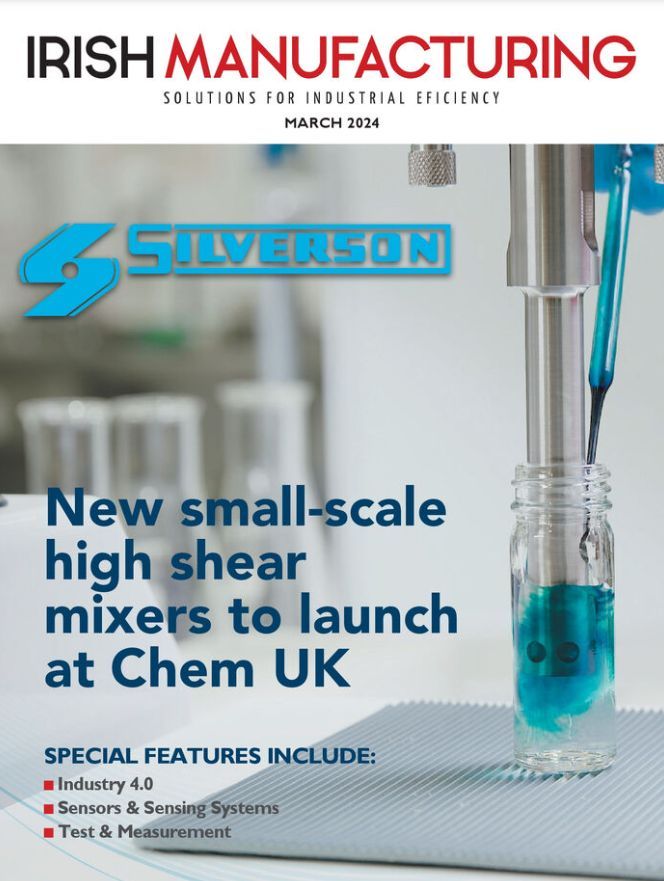Will Britain and Ireland’s industrial estates be swarming with robots and automated machines in the near future, replacing thousands of assembly jobs? That is unlikely, but real change in automation is coming from macro- socioeconomic drivers.
The UK and Ireland rank low in the robot density global league table (robots per 100,000 workers), outside the world’s top 15. That’s partly down to cultural resistance to automation but also because these nations don’t have the mass electronics and car-making industries of, e.g., South Korea, Singapore, Japan and Germany. The UK’s manufacturing base is widely dispersed and SME-heavy; small companies traditionally have not bought robots, to the extent of industrial giants like Samsung and BMW.
Covid has had a devastating effect on manufacturing in Britain and Ireland. In Ireland, even with a strong post-Covid recovery, a best prediction for unemployment by the year-end is about 10%, more than double the rate pre-March.
But globally, the number of robots operating in factories in full-year 2019 hit 2.7 million, 12% up on 2018. Ireland is buying more robots but from a low base. While in the UK sales have dipped, the stars are aligning in 2020 that should see a big rise in robots in Britain and Ireland in the coming years, and KUKA is working hard to support this. Covid-19 has forced “safer distancing” at work. Companies are adjusting to this new normal; workplaces with high worker density, like meat packing and low-cost assembly, will look to robots to replace some workers and maintain safe distances between others.
KUKA believes the food and beverage sector will be the biggest growth market for robots in 2021. The future of manufacturing is also about being flexible and agile. KUKA has observed that those companies with robots were able to react better and faster to the crisis by being able to scale production up or down as a reaction to market demands.
Automation: changing the game
E-commerce is the standout success of the Covid crisis. Amazon UK sales surged 26% to £13.73bn in 2019; revenues that would place a UK-listed company comfortably in the top half of the FTSE-100. E-commerce means more robots. More of the cube-like order picking type for grocery orders, but also industrial robots and cobots for other packing and loading operations; all are in hot demand, simply to shift the greater volumes that are now being seen.
Logistics companies have also benefitted. According to McKinsey, in the US, logistics firms or in-house logistics units were estimated to collect $12 to $20 of every $100 in e-commerce sales in 2019; a massive increase from the $3 to $5 from a typical “bricks-and-mortar” retail operation. Logistics firms are using some of this cash to automate, with more AGVs (automated guided vehicles) and more robotic warehouse stacking. Drones will also play a part; Tesco is about to trial a drone delivery service.
While the attraction of cheap labour in China, Vietnam and elsewhere will remain, manufacturing industries are seeking to shorten supply chains – which means more local production. Consider a large UK Midlands-based OEM needing approved parts that it currently buys from Asian suppliers.
An engineering firm in e.g. Wolverhampton doesn’t need an automated, repeatable and zero-defect robotic process to win that business but, if it has one, its unit price will be much more competitive; plus, it is only a few miles down the road. But labour costs in the UK and Ireland mean that automation is essential in reshoring manufacturing at scale.
A more radical change in the make-up of supply chains in Europe and the UK is a very real prospect with three forces working in concert: Brexit, Covid-19 and environmental pressures. At present the factories of several big companies are heavily embedded in the UK; Vauxhall’s Luton plant, BMW’s MINI and engine factories, Airbus’s wings in Broughton and more. Could these companies – and other multinationals – pull out of the UK, to avoid WTO tariffs if there were a No Deal Brexit and to shorten their own supply lines to sites in Munich, Toulouse and Galicia, as the environmental footprint of their supply chain is reassessed? Each one, and other automotive and aerospace companies, have specific reasons to be here, such as the work share agreement Airbus has with its four European countries, but these reasons are being put to the test by Covid-19 and possibility of a hard Brexit.
Medium- to long term, automotive manufacturing in Britain and Ireland (for components) will change forever as we transition from mainly internal combustion engines (ICE) to hybrid and electric vehicles, where the Nissan LEAF is the only electric car to be manufactured at scale in the UK.
The London Electric Vehicle Company and Arrival are about to manufacture electric vans in volume, but it’s too early to say whether electric vehicles will replace the jobs and GVA of ICE vehicles.
Try before you buy
The High Value Manufacturing Catapult and other technology innovation centres are helping more companies to prove robot applications before industry adopts them. In parallel, more UK and Irish universities are using robots and cobots in research at the lower Technology Readiness Levels. Both are helping accelerate robot adoption. KUKA has the biggest collaboration footprint in low and high level research of the major robot suppliers, with c.35% market share in the last five years.
Ireland is in a similar place to Britain. It is the second biggest exporter, after Germany, of medical technology in Europe and the second for med-tech jobs. The food industry is also very important. Covid is having a big effect and investment has weakened.
Low-cost labour from Eastern Europe has helped keep Irish manufacturing competitive but Brexit and stronger Eastern Europe economies bring unavoidable change. Smart robot technology and advances in robotic end effectors and grippers, means that complex medical parts, for example, that were once only made by humans, can now be automated.
Manufacturing is being tested by big and very complex macro-economic issues but we expect robots to become more prevalent in industry, academia and society – especially with a new younger generation that readily embrace the technology.



